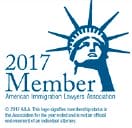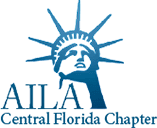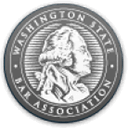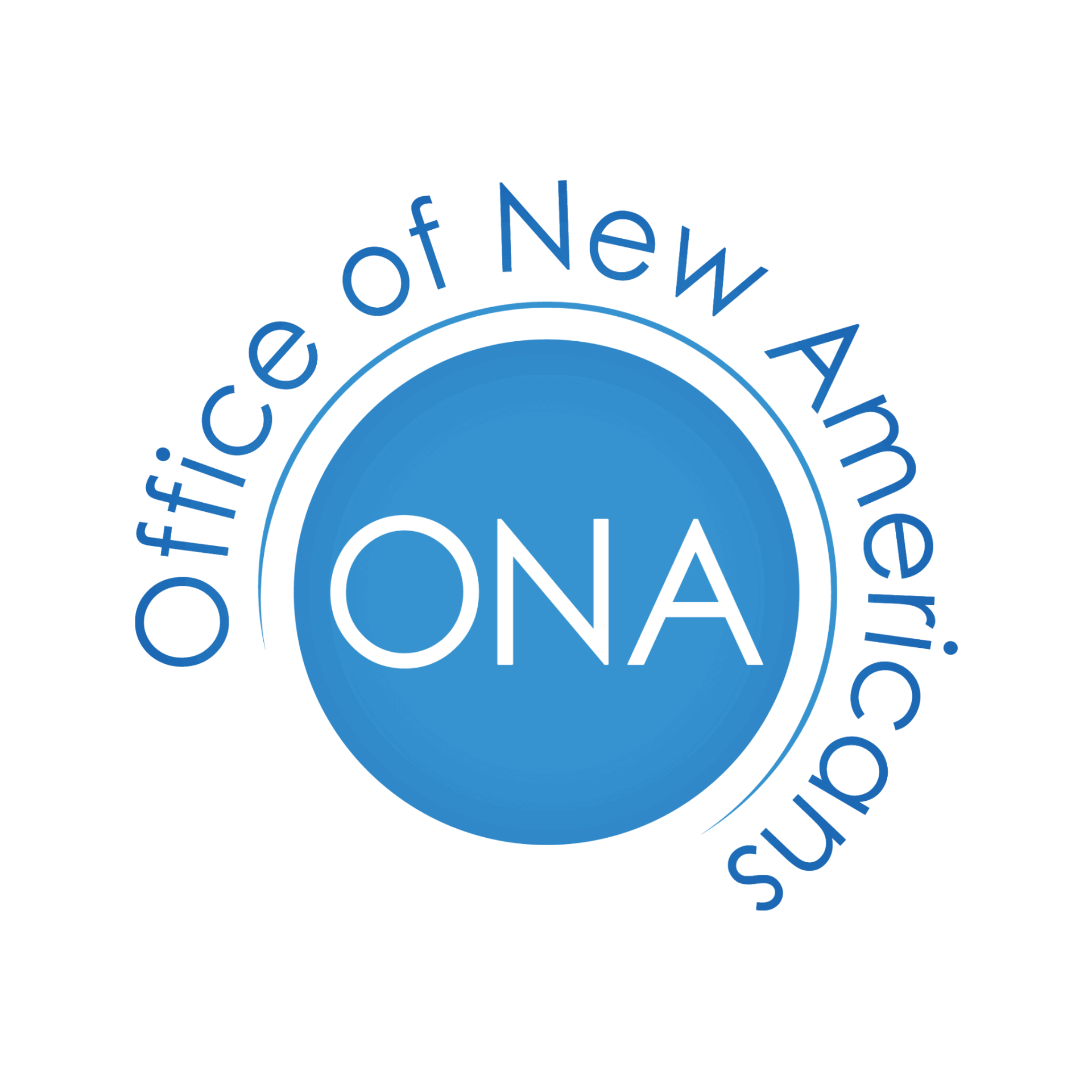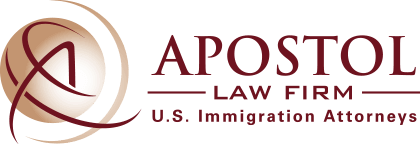Work Visa And Green Card For Healthcare Professionals
Our attorneys are ready to help your organization in finding strategic and creative immigration visa options for nurses, physical therapists, and other allied health professionals in order to overcome your shortage and the growing demand for healthcare professionals in the United States.
What Type of Visas Are Available to Healthcare Professionals?
There are several types of visas available for Healthcare Professionals.
Physical Therapists and Nurses can qualify under Schedule A for green card
Physicians, Physical Therapists, Occupational Therapists, Speech Language Therapists, Nutritionist, Medical Technologists, Dentist, Medical Laboratory Technologist, Phycologist, Advanced Practice Registered Nurses, Nurses in Administrative Positions, and Nurses with specific specialties may qualify for H-1B visa.
Physicians can qualify under J-1 Visa for Graduate Medical Training and Waivers
More types of visas and green card categories are available for healthcare professionals and can be found on the business immigration page.
Work Visa And Green Card For Healthcare Professionals
US immigrations options for nurses, physical therapists, physicians and other allied health professionals vary drastically from most other professionals. Hospitals, research facilities, and healthcare staffing agencies are seeking international talent to meet the growing demand for healthcare professionals in the United States.
Apostol Law Firm attorneys have extensive experience to maximize recruitment budgets, ease operational burdens, and oversee the entire immigration process. We constantly monitor developments in immigration law and use state-of-the-art technology for research, client communications and case management. We provide immigration services in an efficient and cost-effective manner. Our software management tool allows both the employer and the foreign professionals to seamlessly interact with our firm and our team.
What is a “Schedule A” Green Card?
The traditional employment-based green card process requires a PERM Labor Certification, which means that the U.S. Department of Labor (DOL) must certify that there are not sufficient U.S. workers available for the position who are able, willing, and qualified and that the hiring of non-U.S. workers will not negatively affect U.S. wages.
For certain occupations such as registered nurses and physical therapists, DOL has predetermined there are not sufficient U.S. workers who are able, willing, qualified, and available to fill all of the openings and that employment of aliens in such occupations will not adversely affect the wages and working conditions of U.S. workers similarly employed. Please note that the Schedule A includes nurses and physical therapists, but it does NOT include Licensed Practical Nurses, Nurse Assistants, other nursing aides or other allied healthcare professionals.
Therefore, Schedule A applicants may proceed directly to file the I-140, Alien Worker Petition with USCIS and they do not need to go through the lengthy PERM Labor Certification process with DOL. The I-140 petitions for Schedule A are subject to the premium processing which provides an expedited process with USCIS for a fee.
For more information on how Apostol Law Firm can help you with Healthcare Immigration Services, call us at 407-258-3344
Healthcare H-1B Visa
For many U.S. businesses, the H-1B program is the primary method for bringing foreign talent to fill professional specialty occupations.
The H-1B visa is a non-immigrant visa that allows U.S. employers to temporarily employ foreign medical graduates, physical therapists, occupational therapists, and other healthcare occupations in a specialty occupation. If the foreign professionals are in the U.S. on F-1 status or other nonimmigrant visa status, they may be able to apply for a change of status within the U.S. Otherwise, the foreign professional applies for an H-1B visa at a U.S. consulate and enters the U.S. in H-1B status.
Under current law, an alien can be in H-1B status for a maximum period of six years at a time. After this time, an alien must remain outside the United States for one year before another H-1B petition can be approved. Additionally, certain aliens may extend their status beyond the 6-year period in one-year increments if certain conditions are met.
J-1 Visa For Graduate Medical Training
Many physicians are entering the United States every year in order to participate in graduate medical training programs. Exchange visitor (J) visas are nonimmigrant visas for individuals approved to participate in exchange visitor programs in the United States. One of the categories included in the Exchange program is for foreign physicians participating in residency and fellowship programs through Educational Commission on Foreign Medical Graduates (ECFMG).
A physician pursuing graduate medical training may stay on J-1 status up to seven years. The spouses and unmarried children under the age of 21 are eligible to accompany a J-1 applicant to the United States under a dependent visa called a J-2.
A physician admitted under the J-1 exchange visitor visa is subject to the 2-year home-residency requirement. However, there are a few waivers available:
No objection waivers: The J-1’s home country government provides a statement to DOS, indicating that it has no objection to the J-1’s pursuit of a waiver. This process can be more difficult if home country funding is involved, but every country has different criteria in terms of its support for such statements. This type of waiver is not available to J-1s engaged in GME.
Interested Government Agency (IGA) waivers: Any U.S. federal agency can potentially sponsor a J-1 waiver, but only a few have formal processes, including the U.S. Department of Health and Human Services (research waiver), the U.S. Department of Agriculture, the U.S. Department of Energy, and the National Science Foundation.
Conrad/shortage area waivers: These waivers only apply to J-1 physicians subject due to their participation in GME. The Conrad waiver program makes it possible for every state (as well as the District of Columbia, Puerto Rico, and Guam) to sponsor up to 30 J-1 physicians per fiscal year.
Hardship waivers: The J-1 must establish that his or her U.S. citizen or lawful permanent resident spouse or child would face exceptional hardship if the J-1 had to reside in the home country for two years.
Persecution waivers: The J-1 must establish that he or she would be subject to persecution on account of race, religion, or political opinion.
Get Legal Help from a Healthcare Immigration Attorney
US immigrations visa law for nurses and other allied health professionals vary drastically from most other professionals and it is very complex.
If you are a healthcare professional or healthcare organization, our experienced attorneys are happy to help you in finding strategic and creative immigration visa options and assisting you with all your healthcare immigration needs. We have a winning track record of helping healthcare professionals obtain their work visa and green card. Contact us now to learn more on how we can assist you with your healthcare immigration visa process.

